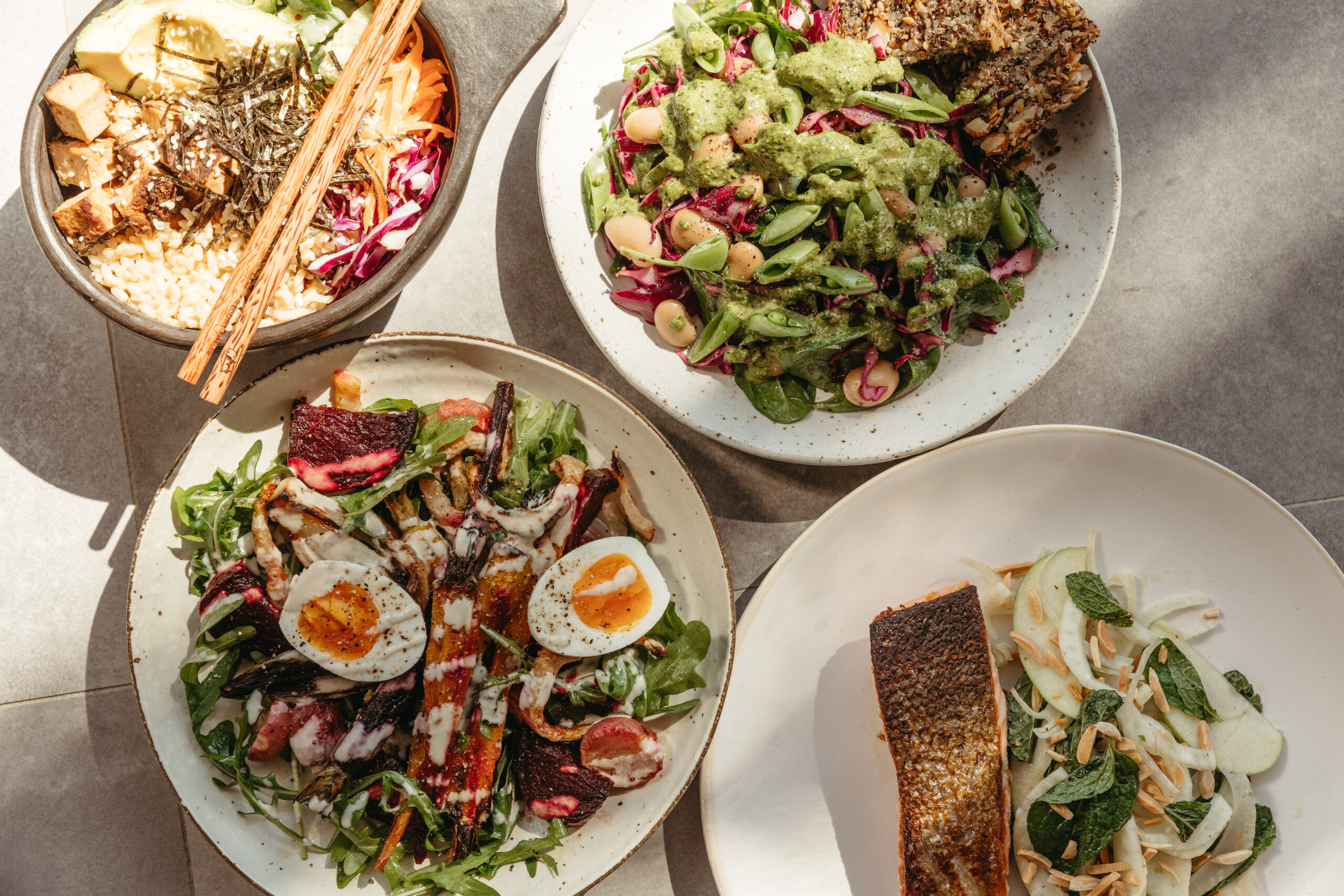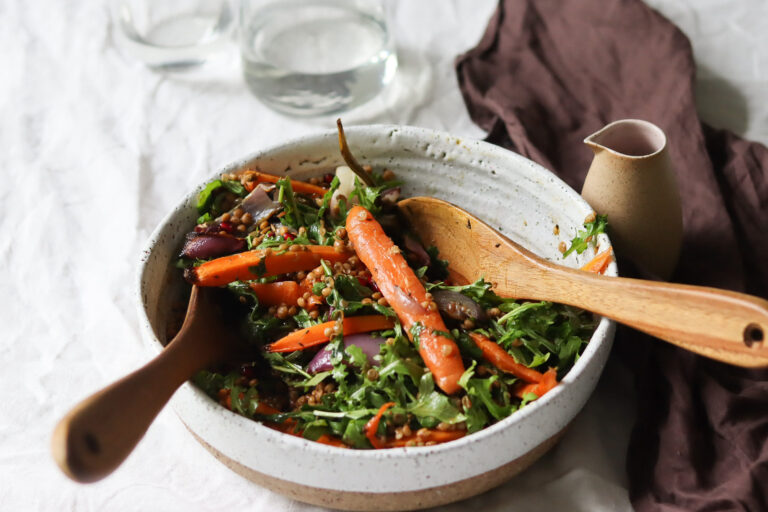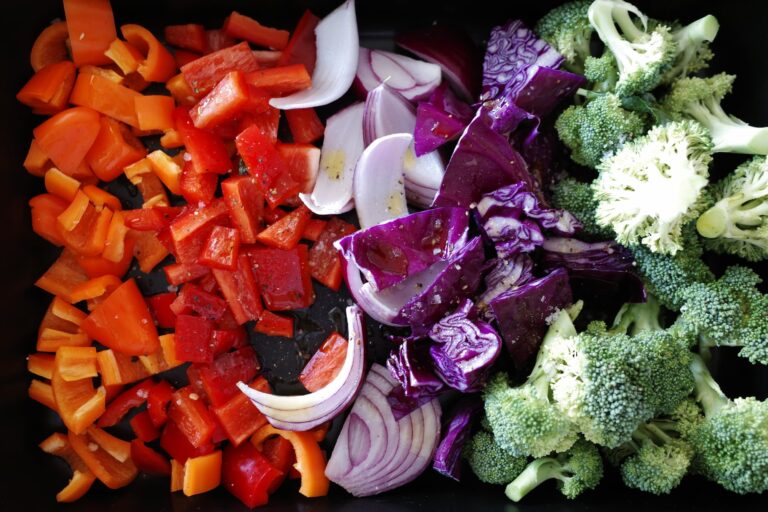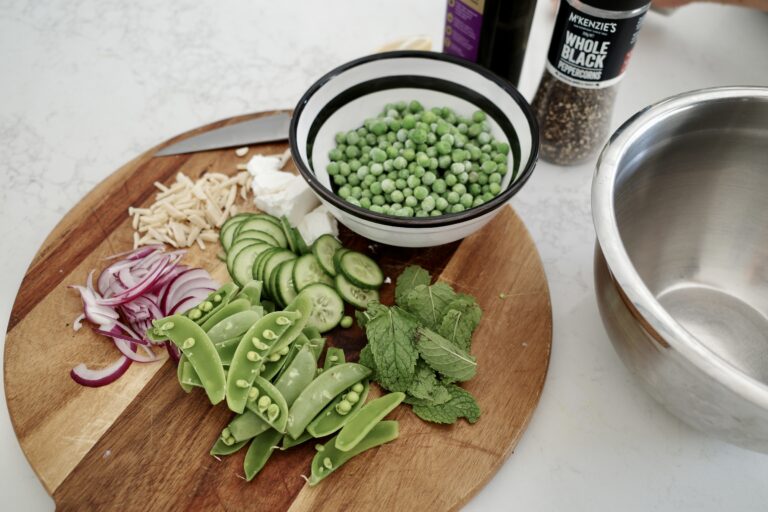Protein requirements vary between each person. That said, a good baseline to go for is 1 gram of protein for every kg of body weight. If you aim for 20g of protein in each of your three meals, you’ll be in the right place for your protein requirements.
Here is a list of vegan proteins and how much they contain. I’ve split the list into two categories. When building a vegetarian meal, go for one of the options in the primary category and use some of the options in the secondary category to boost the total amount of protein in the meal.
In our meal plan, this is already done for you. For example our hemp seed pesto contains hemp seeds and our seeded bread contains a variety of vegan protein from quinoa, nuts and seeds. If you slice your bread into 10 slices, each has approximately 9g of protein.
Vegan protein sources (primary)
- 1 cup lentils – 18g protein
- 1 cup beans (pinto, black, kidney, chickpeas, butter beans) – ~14g protein
- 100g tempeh – 20g protein
- 150g tofu – 18g protein
- 1 cup cooked quinoa – 8g protein
- Sprouted seed bread – 9g per slice (if sliced into 10 slices)
Vegan protein sources (secondary)
- Hemp seeds – 3g per tbsp
- Chia seeds – 1.5g per tbsp
- Peas – 4g per 1/2 cup
- Almonds – 6g per 30g serve (about 20 almonds)
- Tahini – 2.5g per tbsp
For vegetarians, in two eggs there is 12 grams of protein. Protein plays a key roll in keeping us feeling full and energised. We need protein to perform our best, physically and mentally so is key while we are implementing daily and consistent movement. Often we associate protein with meat, however there are so many ways to incorporate protein if you follow a vegetarian or vegan diet.




